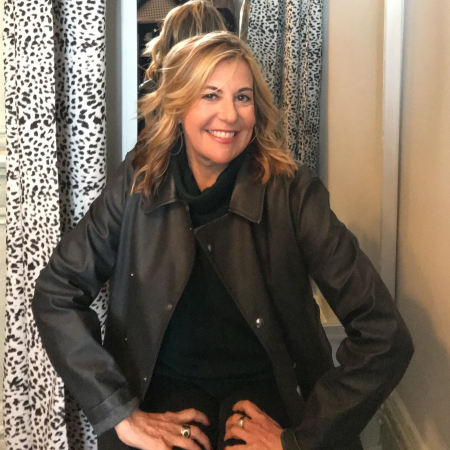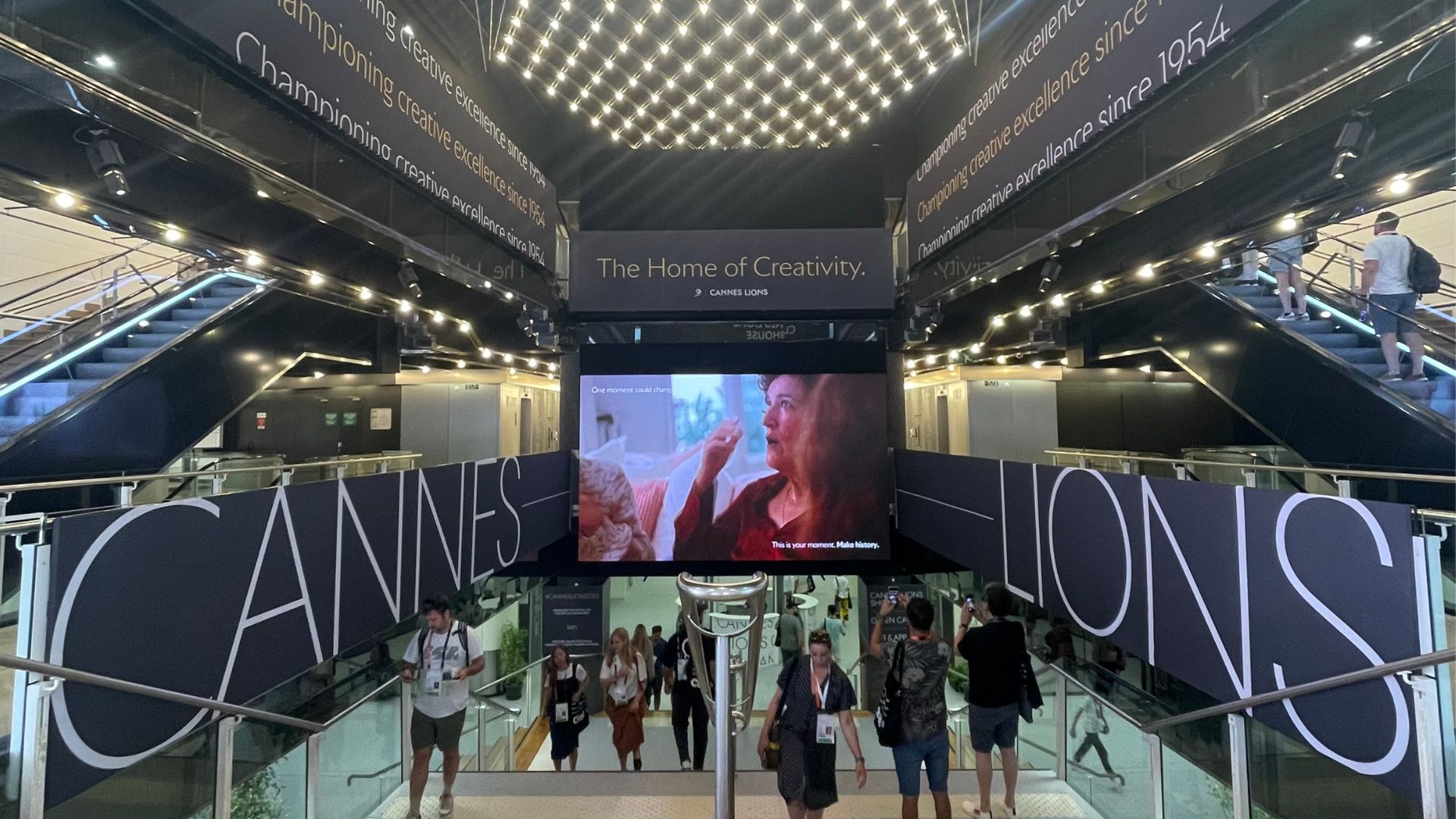 I’ve been back in New York for two months since attending the Cannes Festival of Creativity, where I went to see work and learn lessons that aren’t self-evident staring at a screen, scouring media, or living in a bubble. Certain lessons really stuck.
I’ve been back in New York for two months since attending the Cannes Festival of Creativity, where I went to see work and learn lessons that aren’t self-evident staring at a screen, scouring media, or living in a bubble. Certain lessons really stuck.
One that continues to blow me away is how powerful it is to do what’s counter-intuitive. A grocery store wants to sell fruit? It’s intuitive to remind consumers how healthy and delicious it is. But no, this chain collected misfit fruit, so oddly shaped nobody would ordinarily buy it, and sold it at a discount to eliminate waste and build market share. Raise awareness for skin cancer? Intuition definitely doesn’t point you to tattoo parlors. But one counter-intuitive masterpiece, “Tattoo Skin Cancer Check,” teaches tattoo artists to spot the telltale signs of melanoma and reduce cancer rates. Raise money for cancer research? Your instincts point you to deep pocketbooks, yet “Searching for Hearts” saw prison inmates opening hearts and wallets to raise serious money for the Peruvian Cancer Society.
Another lesson is about age. In an industry that favors the young and markets to generations with letters at the end of the alphabet – X, Y, and now Z – I was heartened to see meaningful work that bridged generations. In “Speaking Exchange,” a Brazilian school that teaches children to speak English, connected students with American retirees by Skype, then “graded” conversations uploaded to YouTube with heart-melting benefits for both. In “Samsung Maestro Academy,” young Italians learn from venerated Italian Masters through their smart devices. And a big Cannes winner, “Sound of Honda/Ayrton Senna 1989,” used data to turn a car race that my generation vividly recalls into an iPhone app and 3D web content my younger colleagues can appreciate. Instead of aiming campaigns at just one generation, why not connect us by finding our common humanity?
And our common humanity, of course, was the biggest lesson of all. It’s become a marketing cliché to find a human truth to make a connection – perhaps because marketing truths are usually so saccharine. The unflattering truths, we avoid. But big winner, “Sorry I Spent it on Myself,” saw U.K. retailer Harvey Nichols celebrating human selfishness with a tongue-in-cheek range of cheap holiday gifts, giving us permission to spend less on others so we can spend more on ourselves. “Guilt Trips,” created by the same geniuses who created “Dumb Ways to Die” last year, tapped into – yup – guilt. To get kids to visit their parents, an Australian metro provided prepaid train tickets and how-to videos on guilting kids into visiting. And let’s not ignore worry and anxiety. What parent hasn’t fretted about their child wandering into danger while they aren’t paying attention? The “Nivea Kid Tracker” tapped into every parent’s worry bone with a detachable, traceable bracelet ‘ad’ that doubles as a beach tracker with downloadable app that lets parents relax a bit.
Outside our bubbles, all is fair in love and war. While one agency in Cannes observed that “Nice is the new Black,” I observed quite the opposite. How underhanded was it for Taco Bell to round up guys named Ronald McDonald to endorse the Golden Arches’ competitor? And how “un-PC” but brilliant was it for the top viral video, “Climate Name Change,” to rename hurricanes with the names of climate change deniers to shame them into acknowledging the climate crisis? Ketchum even saw its own nod to rivalry pay off. Our “Rumble on the Rails,” a Cannes PR Lion winner, pitted wrestlers from adversarial countries to a public duel, all in the name of getting wrestling reinstated to its former Olympic status.
Be counter-intuitive. Bridge the age divide. Tap into our least flattering selves. Do battle. My bubble went pop, but my gloves are on.
Looking for an idea outside your bubble? Contact me if you’re interested in a free trial of Ketchum’s award-winning Creative Engines. [email protected].



